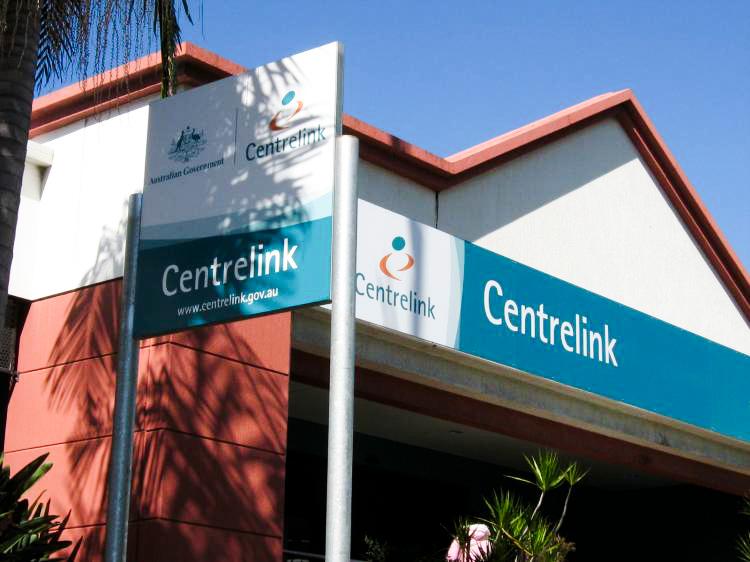Welfare advocates say they are disappointed with the National Anti-Corruption Commission’s (NACC) decision not to investigate any of the six senior public servants referred to it over the failed Robodebt scheme.
Services Australia used the scheme as part of its Centrelink payment compliance program from 2015 to 2019, but it was later found to be unlawful, and the government was forced to refund 470,000 people a total of $721 million.





